‘Low-Salt’ Bread as an Important Component of a Pragmatic Reduced-Salt Diet for Lowering Blood Pressure in Adults with Elevated Blood Pressure
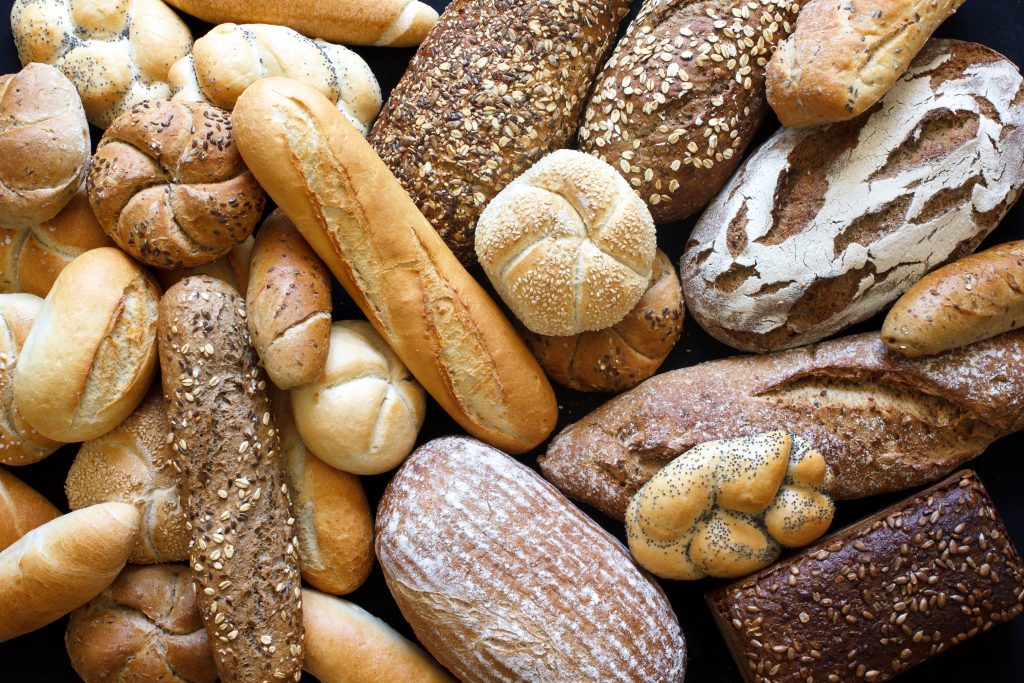
A 5 week food-based randomised crossover trial by Cashman K et al assessed the effect of including ‘low salt’ bread as part of a reduced-salt diet on blood pressure, markers of bone metabolism and plasma lipids in adults with elevated blood pressure in Ireland. 97 participants were randomly assigned to either the reduced-salt diet or […]
Trends in Blood Pressure and Usual Dietary Sodium Intake Among Children and Adolescents
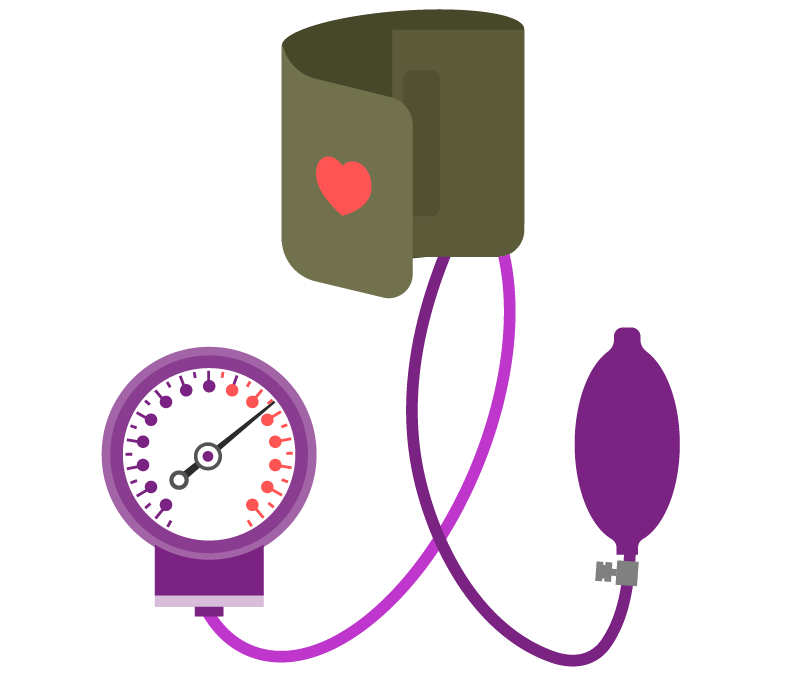
Overwyk K et al investigated temporal trends and secular changes in blood pressure in 12,249 individuals aged 8 to 17 years, who participated in the US National Health and Nutrition Examination Survey, from 2003 to 2016. Sodium intake was estimated from dietary data, and logistic regression was used to investigate secular trends and the associations […]
Effects of urinary sodium-to-potassium ratio change on blood pressure

Pereira T et al recently published results from the ELSA-Brazil longitudinal health study, investigating the effect of urinary sodium-to-potassium (Na/K) ratio on blood pressure (BP). 14,014 participants completed baseline measurements and, four years later, follow-up measurements. Overnight (12-hour) urine samples were collected and validated equations were used to translate these measures into 24-hour sodium and […]
Sodium and Potassium Intake Assessed by Spot and 24-h Urine in the Population-Based Tromsø Study 2015–2016
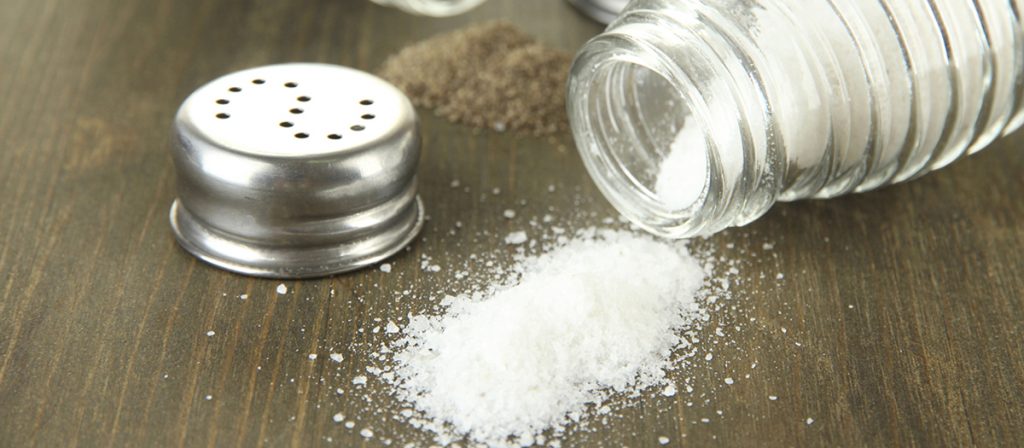
Meyer H et al investigated the validity of spot urine measures in the Norwegian based Tromsø study. They collected 24-hour urine and spot urine samples from 475 men and women who participated in the population-based study between 2015 and 2016, comparing 24-hour urine measures with spot-urine using three different equations (INTERSALT (with potassium), Toft and […]
Mean Dietary Salt Intake in Vanuatu: A Population Survey of 755 Participants on Efate Island

A study in Nutrients by Paterson K et al estimated mean population salt intake in a sub-national sample in Vanuatu. Mean salt intake was estimated to be 7.2 g/day from spot urine samples (n=483), and 5.9 g/day from 24-h urine samples (n=71). Men had higher salt intakes than women, based on spot urine samples. Due […]
The Science of Salt: Updating the evidence on global estimates of salt intake
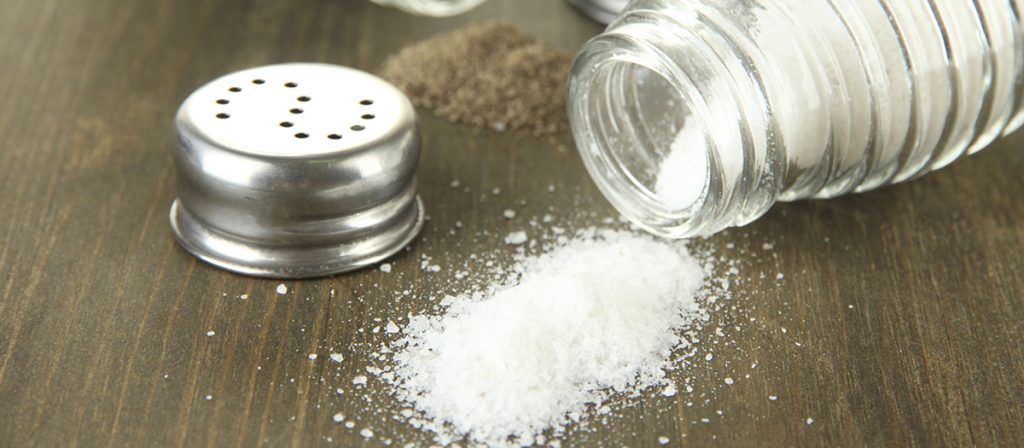
A recent review by Thout SR et al aimed to update the evidence on population salt intake globally, following the 2010 Global Burden of Disease (GBD) study. Studies that measured salt intake using 24-hour urine collection in a nationally representative sample between January 2011 and September 2018 were included. Thirteen studies met the inclusion criteria, […]
Science of Salt: High sodium intake increases blood pressure and risk of kidney disease

A review by Malta et al aimed to identify, summarize, and critically appraise studies on dietary salt and health outcomes that were published from August 2016 to March 2017. The search strategy was adapted from a previous systematic review on dietary salt and health. Studies that meet standards for methodological quality criteria and eligible health […]
Presentations at the International Society of Hypertension in Beijing
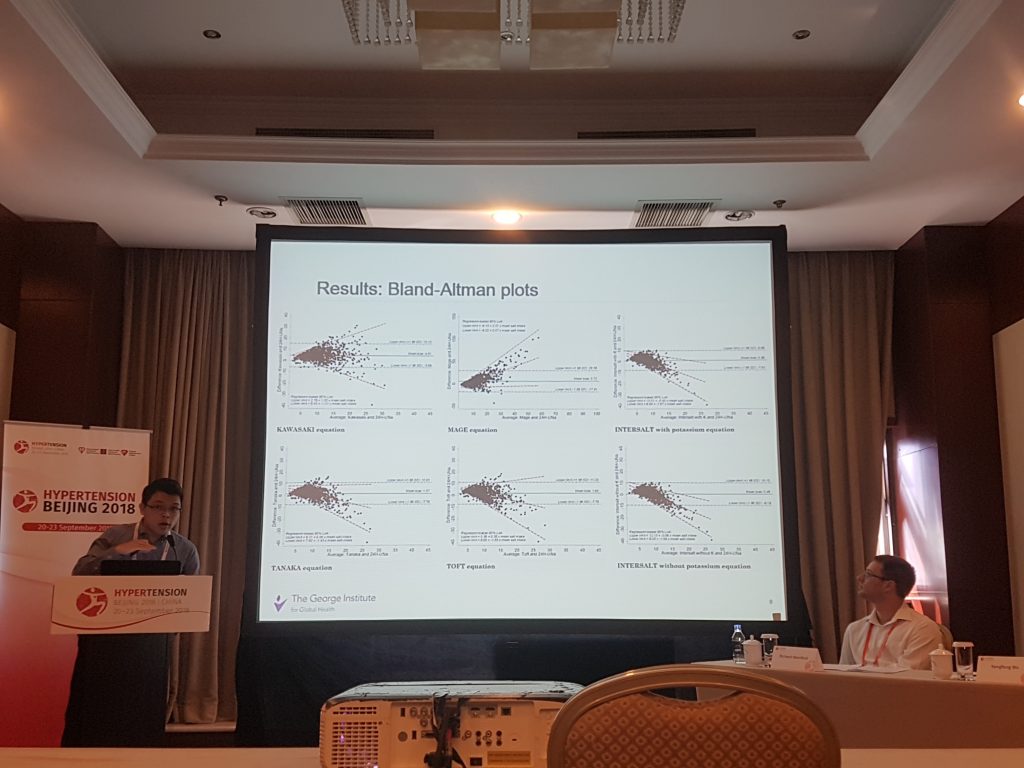
Two PhD candidates from the WHO CC team recently presented their research at the 27th Scientific Meeting of the International Society of Hypertension in Beijing, China. Kathy Trieu presented findings on mean 24-hr urinary salt excretion in two regions of Kazakhstan. These populations had extremely high salt intakes, possibly the highest in the world. The […]
Web based learning improves salt-smarts in children (Victoria, Australia)

Grimes CA et al conducted a study investigating the efficacy of a digital education program on salt reduction in 83 children (mean age= 9yrs). The intervention included weekly interactive online sessions, conducted over 5-weeks. Surveys on knowledge, attitudes and behaviours (KABs) were conducted pre and post intervention with a 24-hr urine collection taken to estimate […]
Republic of Moldova: New research establishes baseline salt intake
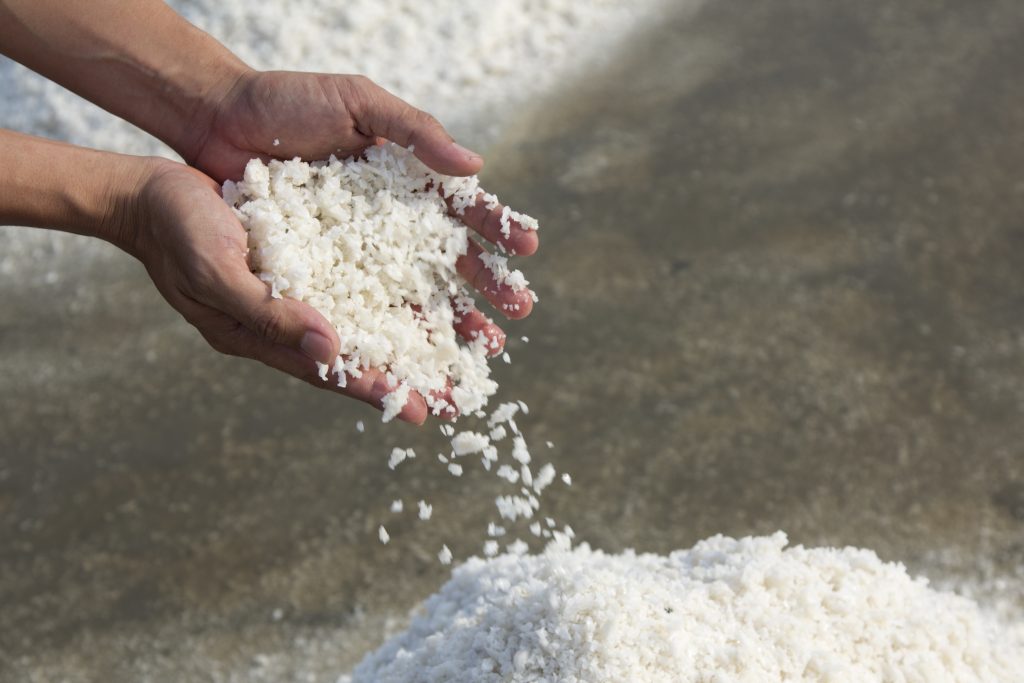
A study was conducted by the WHO in the Republic of Moldova in 2016, aiming to establish baseline levels of population intake of sodium, potassium and iodine, using 24-hour urine tests on a nationally representative sample (n=858; aged 18-69 years). The survey further assessed knowledge, attitudes, practices and behaviours related to salt consumption. Average daily […]